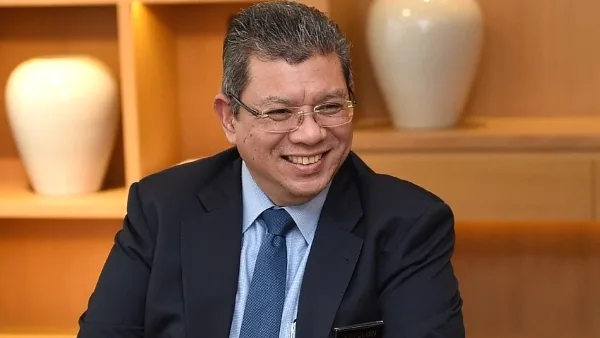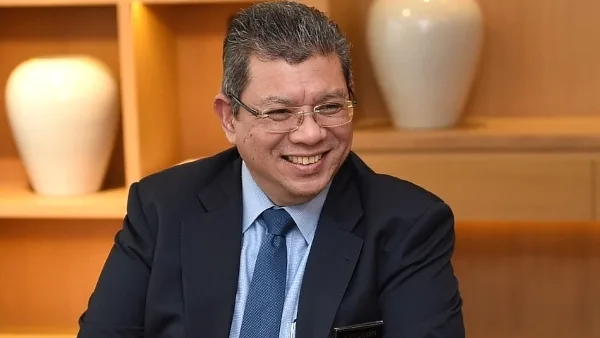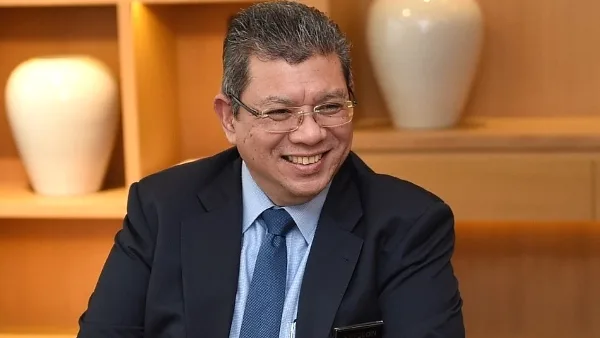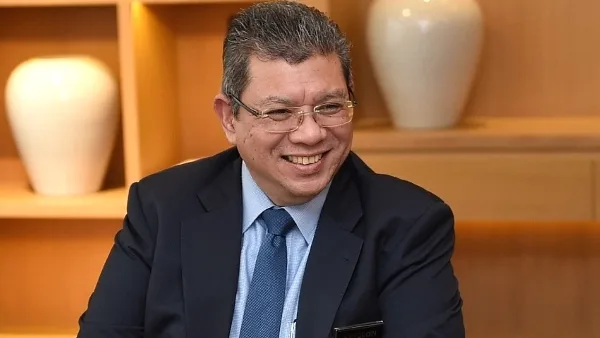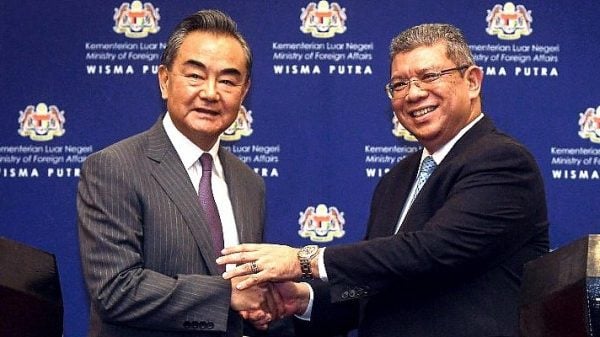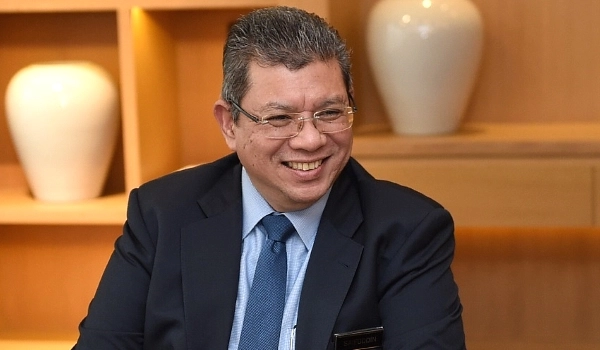
The goal of political participation education is to develop political interest, knowledge, and skills among the youth to participate fully, actively, and effectively in democracy.
In this case, what is most undesirable is political indoctrination.
Thus, it must involve freedom of thought and action. Educators must be sincere. The purpose is not to determine who gets the youth vote.
The aim is for the youth to participate effectively so that democracy matures, is stable, and runs well so that the youth and the people benefit from the fruits of democracy.
We do not have to create new subjects. What is needed is to create a holistic ‘module on Political Participation Education’, which involves the integration of idealism, activism, and intellectualism, as well as a balance between knowledge/academics, co-curriculum, and the interaction between schools/universities and students/youth with society.
This module should be designed to be able to be the core of multi-disciplinary teaching and learning.
It can be used either in improving the content of subjects in school, for example, Civics, History, and General Studies, or the enrichment of other subjects, for example, Geography, Bahasa Melayu, and English.
It can also help the enrichment of fields and courses at universities and the enrichment of student/youth programs outside the school/universities.
This module should also be the core of co-curricular activities at schools/universities, in the relationship between the school/universities and the community, and for the entire program and activities of the student/youth movement.
Its content cannot start with a blank. We must recognize the fact that students/youths are already to some extent exposed to politics.
The meaning of politics needs to be explained truthfully. The meaning of democracy needs to be explained comprehensively.
Students/youths need to be exposed to the need for reform, refinement, or islah to ensure democracy runs fairly and cleanly.
It needs to be practical, not utopian. It should be open to a variety of ideas based on a culture of knowledge, rather than blindly clicking on one opinion only, influenced, biased and emotional.
It needs to take into account the diverse interests of students/youth.
It must be multi-field and multi-level. It should facilitate those who have a higher interest than others and who wish to specialize in a particular chapter.
It must be youth-oriented, and not be party, government, or school/university oriented.
It should cover three frameworks: students/youth practice self-government, students/youth practice partnership in government with school/university administration, and students/youth practice partnership in government with community authorities outside their institution/organization.
These are all part of the process towards maturing Malaysia’s democracy.
(Datuk Seri Saifuddin Abdullah is the Minister of Foreign Affairs and Member of Parliament for Indera Mahkota.)
ADVERTISEMENT
ADVERTISEMENT






